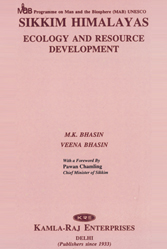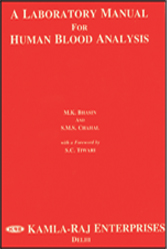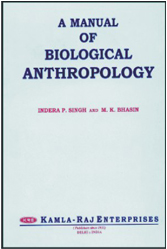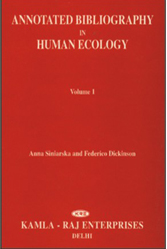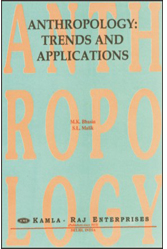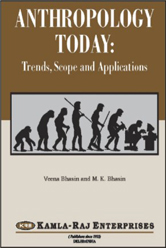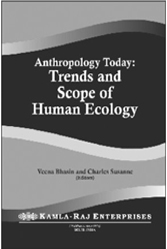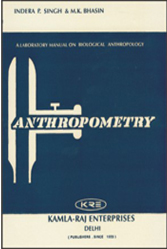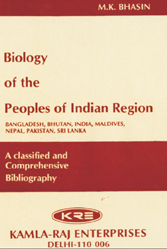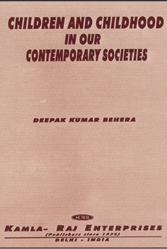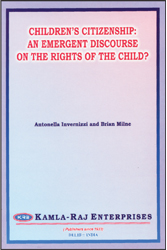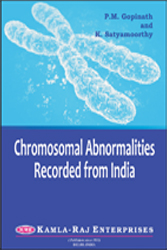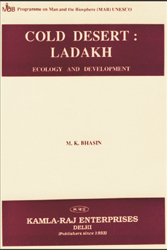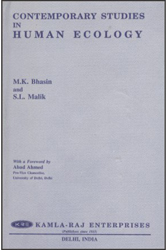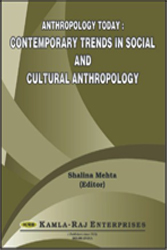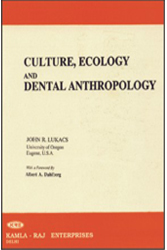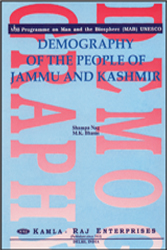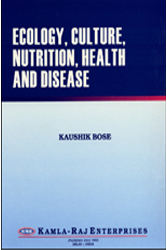SPECIAL VOLUME HUMAN ECOLOGY
ADVANCING INDIGENOUS KNOWLEDGE (IK) IN SUSTAINABLE TEACHING AND LEARNING PRACTICES TO PROMOTING ECONOMIC DEVELOPMENT
MICHEAL M. VAN WYK (University of South Africa, South Africa)
2014 • Pages: 095 • Binding: Hard • PRICE: US $ 50/- Rs. 1000/-
(Human Ecology Special Issue No. 19)
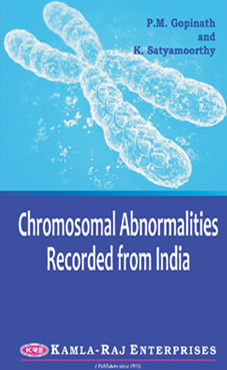
The relevance of Indigenous Knowledge on sustainable economic development with reference to the context of teaching and learning was the theme of this special volume. This volume consists of case studies that investigate the theory, practices and challenges faced in the process of advancing Indigenous Knowledge (IK) in sustainable teaching and learning practices to promoting economic development. Most importantly, investing in the exchange of IK and its integration into the assistance programs of the World Bank and its development partners can help to reduce poverty. The realization that IK has not become redundant in today’s world is increasingly widespread. The Rio Declaration, the Convention on Biological Diversity, the documents coming out of the World Summit on Sustainable Development (United Nations 2012), and a whole host of other international instruments and forums have emphasized the current (and future) relevance of IK.
The papers in this special issue focus on various issues regarding Indigenous Knowledge as a phenomenon providing and creating sustainable teaching and learning practices to promoting economic development in an African context. Though the special issue focus on the relevance of Indigenous Knowledge, most of the papers explore the issues from an educational context.
